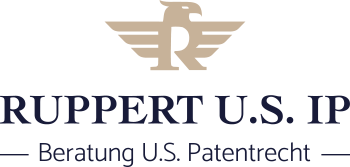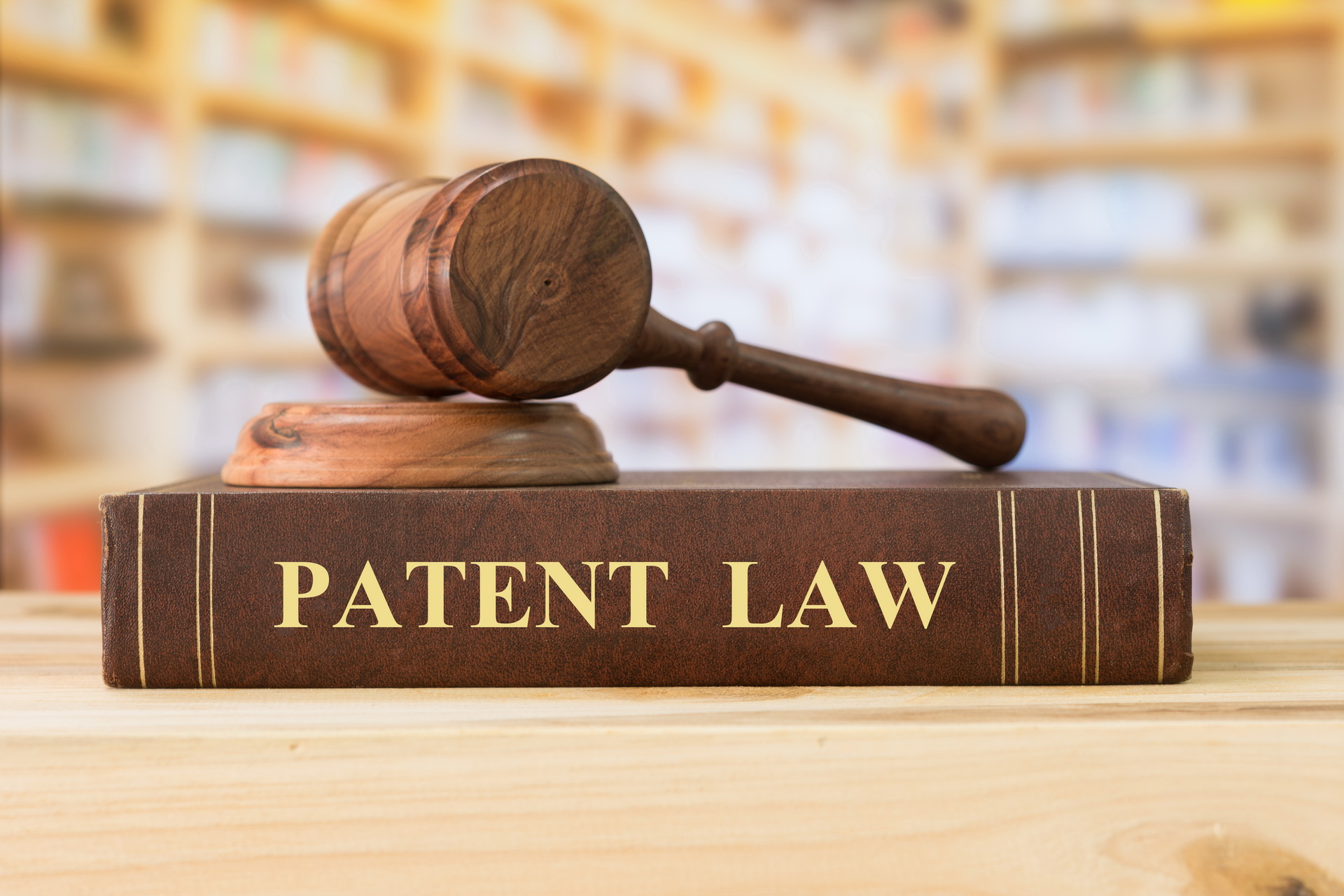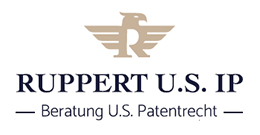U.S. Patent Law
The United States Constitution gives Congress the power to make laws relating to patents. Under this authority, the U.S. Congress has from time-to-time enacted various laws relating to patents. The Patent Act, codified at Title 35, United States Code, sets forth, among other things, the conditions of patentability. It thus determines the general field of patentable subject matter, methods, and the conditions under which a patent may be issued. The interpretation of this patent law has changed over time.
Under the Act, an inventor or a person to whom the inventor has assigned the invention may apply for a patent. If two or more persons jointly contribute to an invention, they apply for a patent as co-inventors. A person who merely makes a financial contribution is not a co-inventor and cannot participate in the application as an inventor.
A U.S. patent application filed with the United States Patent and Trademark Office (USPTO) is examined by that office for patentability under the patent laws. A patent issued by the USPTO gives the patent owner the right to exclude others from making, using or selling the protected invention throughout the United States, U.S. territories and U.S. possessions. A U.S. patent also gives the owner the right to prevent others from importing the protected invention into the United States. It is important to understand, however, that a U.S. patent does not grant the patent owner a direct right to practice its own invention. A patent owner’s right to practice its own invention could be subject to the rights of others, as well as general laws that may apply. For example, another party may own a patent that prevents the patentee from practicing its own invention. In addition, state laws or regulations may limit a patent owner’s ability to practice its invention.
Since a U.S. patent excludes other parties from commercially exploiting the protected invention, the patent owner is nevertheless the only one who may make, use or sell the claimed invention. In this sense, U.S. patent laws grant the patent owner monopoly rights to the protected invention for a specified period of time. Others may practice the protected invention only with the permission of the patent owner. Such permission is usually granted through a patent license agreement.
Please see more:



